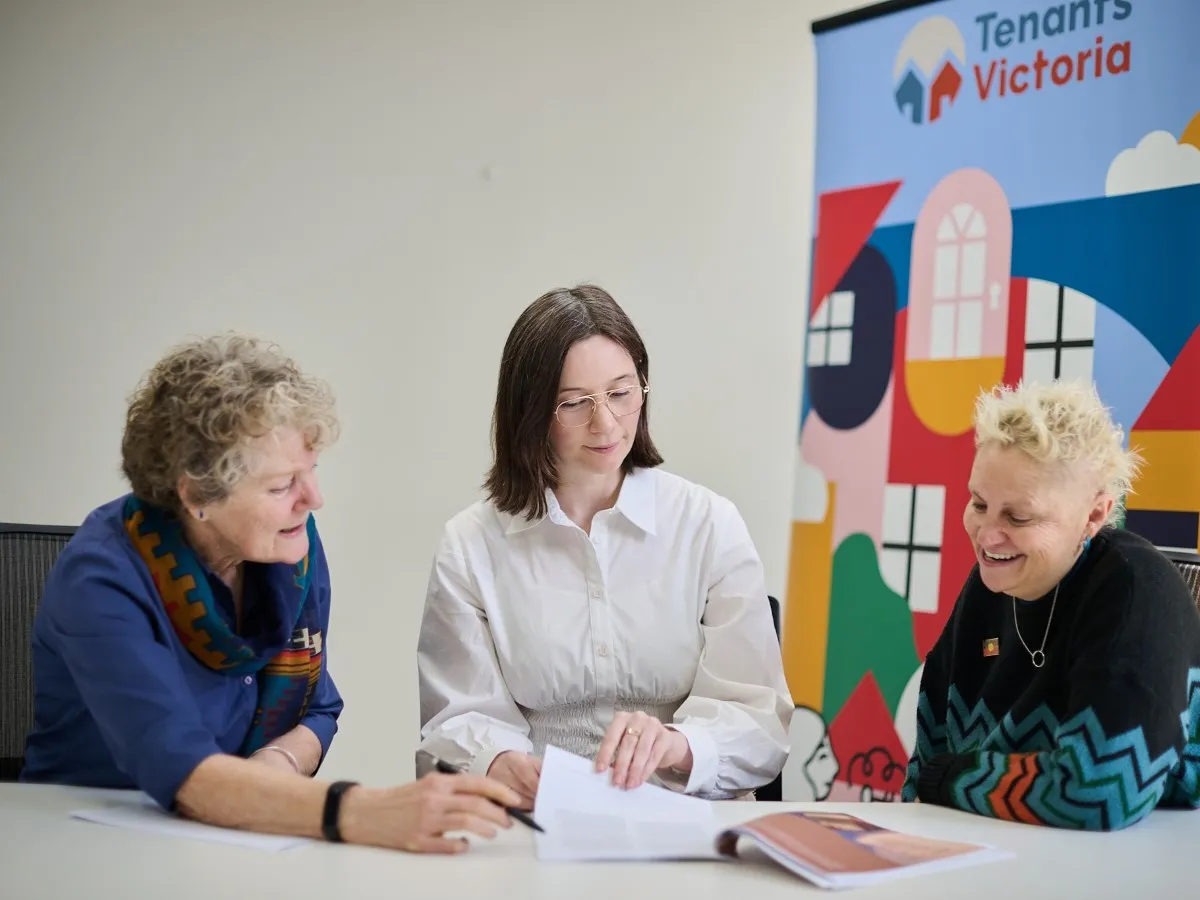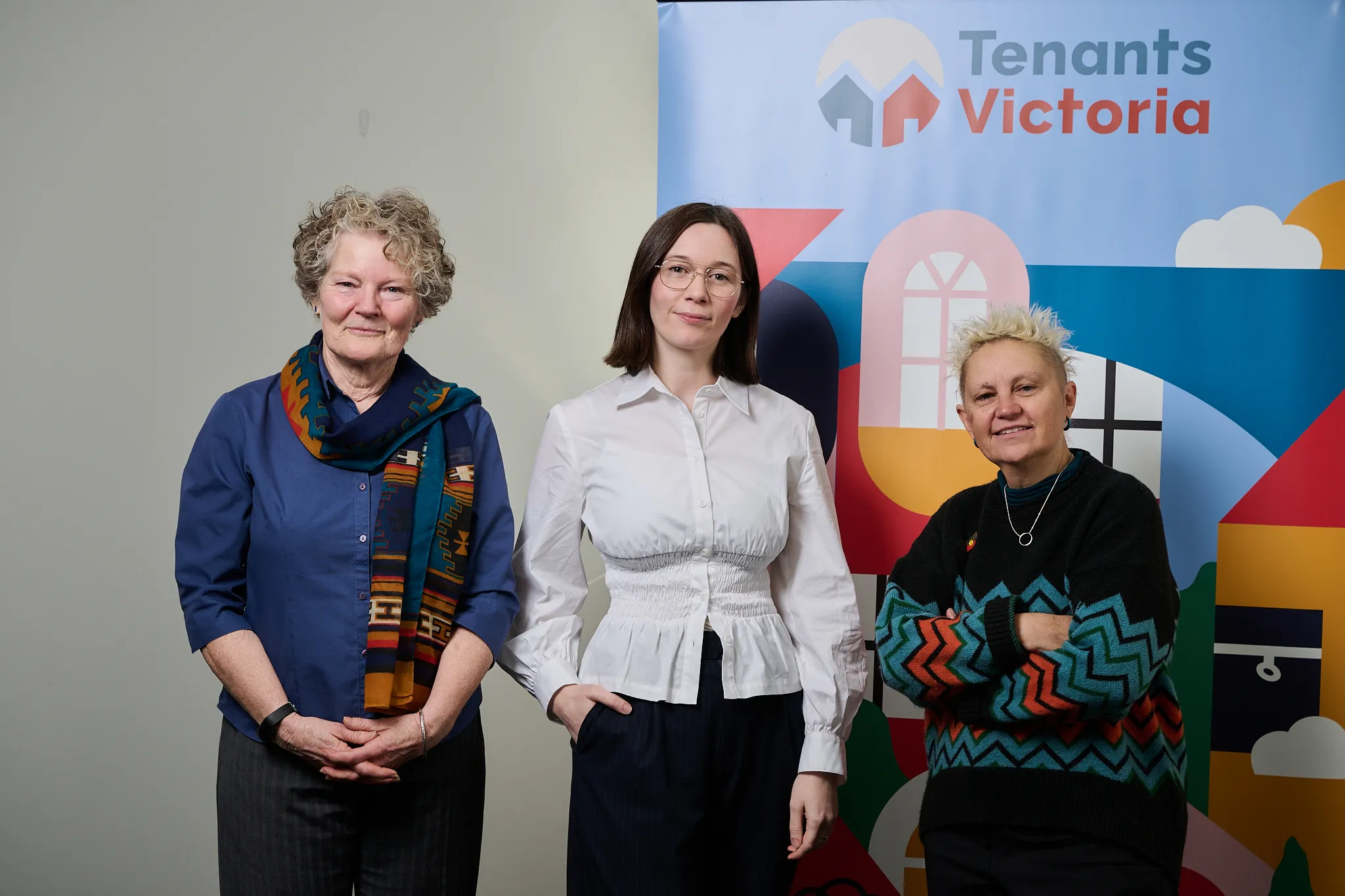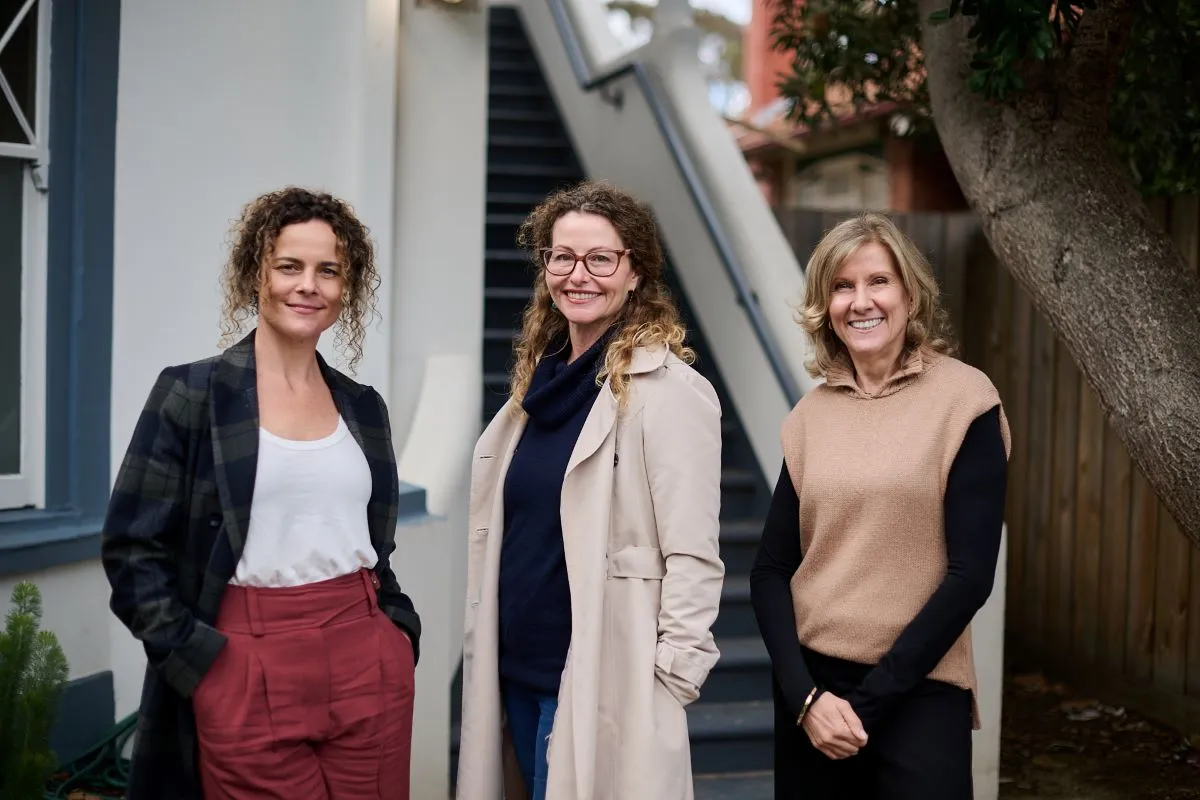Restricted, resilient, resourceful: Legal help-seeking among single-parent renters
Understand how Tenants Victoria used data-driven research to capture the unique experiences and challenges faced by single-parent renters in Victoria.

Understand how Tenants Victoria used data-driven research to capture the unique experiences and challenges faced by single-parent renters in Victoria.

Tenants Victoria has long supported renters experiencing housing insecurity and disadvantage. However, internal data indicated that single-parent renters were not engaging with services to the same extent as other groups, and when they did, they reported lower satisfaction levels. Legal need surveys also consistently identified single parents as experiencing higher rates of legal problems, which are often multiple and persistent, while also being more likely to have their legal needs unmet.
To better understand this cohort’s legal needs and help-seeking behaviours, Tenants Victoria embarked on this research project in partnership with the Council of Single Mothers and their Children (CSMC).
The project centred on a legal capability framework, a model for understanding how people recognise, understand, and act on their legal rights. By applying this lens, Tenants Victoria sought to understand both the knowledge and the external pressures that impact single parents' access to justice in the rental market.

Establishing an ethical, participant-centred approach in this research project was a top priority for Tenants Victoria. When a university ethics committee could not oversee the project, Tenants Victoria developed its own internal ethics review process and committee, guided by Justice Connect’s model and VLF, using the National Health and Medical Research Council standards.
Nineteen single-parent renters participated in in-depth qualitative interviews, sharing stories of their experiences across the entire rental journey from securing housing to resolving rental legal issues. This was complemented by quantitative analysis of Census and Tenants Victoria service data to understand the broader experiences of single parents in Victoria.
To test their validity, these findings were shared in workshops with frontline staff from Tenants Victoria and CSMC to ensure the findings reflected real-world challenges from those who work the closest with single parents. “It was important for us to engage staff in this validation process to ensure that our findings were grounded in both lived experience and professional insights,” said Hannah Gray, Senior Researcher and Evaluation Officer at Tenants Victoria.
The project found that legal capability is not a static skillset but fluctuates in response to individual, environmental and structural factors. Barriers such as power imbalances in the rental market, difficulties accessing timely legal support, and challenges absorbing legal advice all significantly impact renters’ ability to seek justice.
Of the 19 single-parent participants (17 of whom were women, 2 of whom were men), 89% had experienced three or more legal problem types, 95% had experienced a repair or maintenance problem, and 68% were under rental stress (spending between 34% and 64% of their income on rent).
“It’s really hard to come up against the system when I have no money or support … It’s hard for tenants to push for the maintenance when their lease might not get renewed … there’s cracks in the walls now, a little bit of mould in the bathroom, leaky taps … I can’t be bothered.”
– Research participant, single parent of two children.
Analysis identified six key stages in the help-seeking journey, from securing housing to resolving rental disputes, along with seven key findings that reflected the barriers and enablers that shape rental experiences and help-seeking outcomes for single parents. The final report included 19 practical recommendations spanning service improvements, sector capacity building, and systemic reform.
Crucially, the findings highlighted the need for multidisciplinary, holistic approaches to support renters facing compounding legal, financial, and housing pressures.
“Single parents are feeling the burden of responsibility for taking legal action,” explains Hannah Gray, “Service providers need to move away from focusing solely on legal resolution as the goal of service provision, and embrace a range of strategies to place the renter’s needs at the centre.”

This project marked a cultural shift at Tenants Victoria. By establishing ethical research protocols and adopting new data analysis techniques, the organisation strengthened its ability to leverage research to evaluate and adapt services.
“This project helped us realise the value of embedding research into our practice. It’s shifted how we think about service delivery and opened doors to more collaborative, evidence-based approaches.”
– Carman Parsons, Impact and Innovation Director, Tenants Victoria.
For an organisation considering a similar project, Hannah Gray recommends addressing expectations and concerns before undertaking the project. “Next time, we’d make sure to do a project ‘pre-mortem’ to ensure we’re on the same page,” said Hannah, “Andi [from CSMC] and I caught up regularly during the project, which was essential to its delivery and strengthened the relationship between Tenants Victoria and CSMC. It’s a practice we’ll bring to future partnered projects.”
The final report was launched at an in-person event, with contributions from sector advocates and research participants with lived experience. A condensed version of the report was developed to make the findings more accessible to time-poor sector workers and community members.
“Our goal is not just to improve our own services, but to contribute to sector-wide knowledge on how to better support renters,” says Hannah Gray.
Tenants Victoria continues to share insights through presentations and advocacy in the housing sector, as well as involvement in our Research Network, and has a visual renter journey map in development to inform training and service design across the renter support sector.

Tenants Victoria is the peak body for renters in Victoria, providing legal services, advocacy, and policy leadership to support housing justice.
Access the research report on single renters, or the condensed version.
The Restricted, resilient, resourceful: Legal help-seeking among single-parent renters project was funded by a Victoria Law Foundation Grant.
If you have a project addressing legal need in Victoria, explore funding opportunities through the Grants Program.
Pictured Top: Andi Sebastian from Council of Single Mothers and their Children, Hannah Gray from Tenants Victoria and Carman Parsons from Tenants Victoria.
First Step Legal implemented data-driven practices to evaluate the effectiveness of the health justice partnership model in Victoria.

Northern Community Legal Centre and the Australian Muslim Women’s Centre for Human Rights unpack the range of process issues and barriers to participation faced by culturally and linguistically diverse women within Melbourne’s North-West.

Browse the reports and other outputs from funded projects.